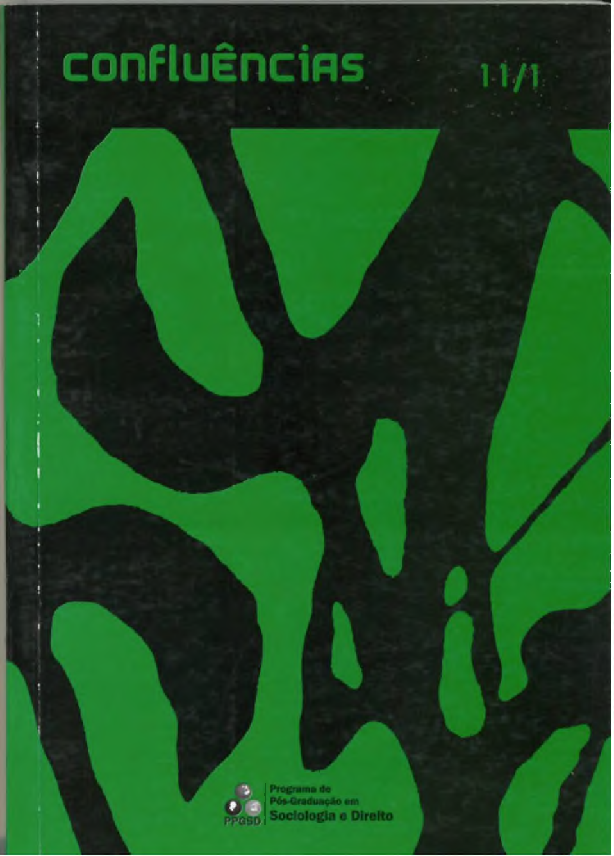Percepção científica do Direito
DOI:
https://doi.org/10.22409/conflu11i1.p178Abstract
Não obstante a tese segundo a qual o Direito se constitui em efetivo ramo científico ter sido negligenciada no passado por expressiva parcela de estudiosos, na atualidade é, no mínimo, majoritária a posição doutrinária que entende o Direito como autêntica e genuína Ciência Autônoma. Na medida em que toda a ciência é, em síntese, interpretativa em uma tradução abrángente, tendo em vista que o escopo de atuação científica se processa exatamente através da interpretação de fenômenos naturais ou sociais (culturais) defendemos a tese de que ainda que se possa discutir se o Direito constitui-se na própria ciência, em sua descrição conceituai, ou, ao contrário, restringe-se apenas ao objeto de uma ciência (a chamada Ciência do Direito), a verdade éque no presente momento evolutivo, poucos são os autores que ousam desafiar a visão dominante do Direito como ciência.Downloads
Download data is not yet available.
Downloads
Published
2013-08-30
How to Cite
Friede, R. (2013). Percepção científica do Direito. Confluências | Interdisciplinary Review of Sociology and Law, 11(1), 151-178. https://doi.org/10.22409/conflu11i1.p178
Issue
Section
Artigos
License
The authors hold the copyright, with first publication rights granted to the journal, being the work simultaneously licensed under the Creative Commons Attribution Licence, which allows the work to be shared with acknowledgement of authorship and first publication in this journal.
The authors have authorization to separately purchase additional contracts of non-exclusive distribution of the work's version published in this journal (e.g.:publication in institutional repositories or as a book chapter), with acknowledgment of authorship and first publication in this journal.
The authors have permission and are encouraged to publish and disseminate their work online (e.g.:in institutional repositories or on their personal page), at any point - either before or during the editorial process, since it may generate productive changes, as well as increase the impact and citation of the published work.







